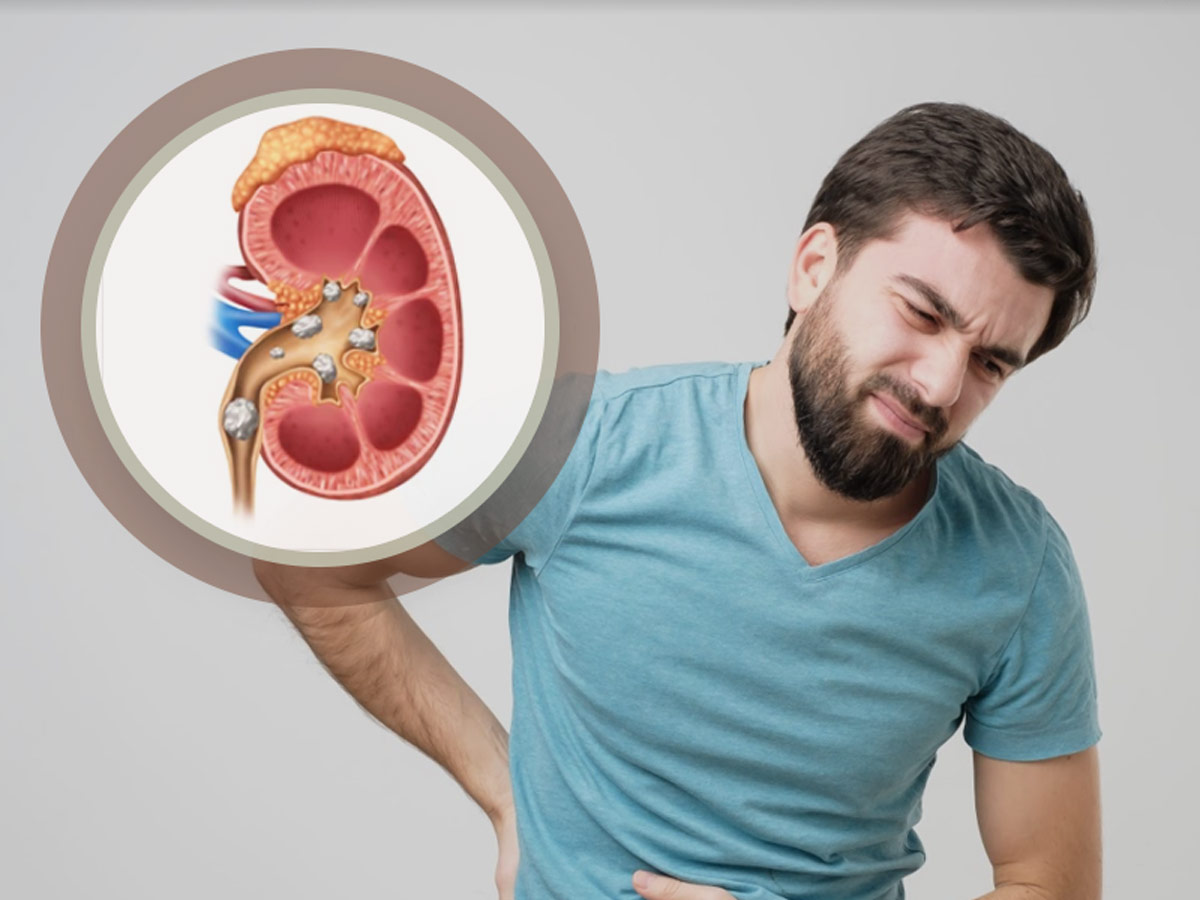BEST KIDNEY AND URETERIC STONES LAPAROSCOPIC SURGERY HOSPITAL IN LUDHIANA
- Laparoscopic Surgery
- Safe & Secure
- 100% Cashless Facility Available

Book FREE Doctor Appointment
Kidney Stones Treatment at Goyal Hospital
Introduction:
At Goyal Hospital, we understand the discomfort and pain associated with kidney stones. Our dedicated team of urologists is committed to providing comprehensive care and advanced treatments to help patients overcome kidney stones and regain their quality of life.
Understanding Kidney Stones:
There are several types of kidney stones, each formed from different minerals. The most common types include:
- Calcium Stones: These are the most prevalent type of kidney stones, primarily composed of calcium oxalate.
- Struvite Stones: Formed in response to urinary tract infections (UTIs), these stones can grow quickly and become quite large.
- Uric Acid Stones: These stones are related to dietary factors and can form in individuals with high uric acid levels.
- Cystine Stones: These rare stones result from a genetic disorder called cystinuria and can be quite large.
Common Symptoms of Kidney Stones:
Kidney stones can produce various symptoms, including:
- Severe pain in the side or back, often radiating to the lower abdomen and groin.
- Blood in the urine (hematuria).
- Painful urination.
- Frequent urination.
- Urgency to urinate.
- Cloudy or foul-smelling urine.
- Nausea and vomiting.
Diagnosis and Treatment:
Our experienced urologists utilize advanced diagnostic techniques to determine the type, size, and location of kidney stones. Common diagnostic methods include:
- CT Scans: Provide detailed images of the kidneys and urinary tract.
- Ultrasound: Useful for smaller stones.
- Blood and Urine Tests: To check for underlying conditions and evaluate kidney function.
Once diagnosed, the appropriate treatment plan is recommended. Treatment options may include:
- Watchful Waiting: If the stone is small and not causing symptoms, a watchful waiting approach may be taken. Patients are monitored for any changes.
- Medications: Certain medications can help dissolve or manage kidney stones, particularly for uric acid stones.
- Extracorporeal Shock Wave Lithotripsy (ESWL): This non-invasive procedure uses shock waves to break up stones into smaller fragments for easier passage.
- Ureteroscopy (URS): A thin tube with a camera is inserted through the urethra and bladder to remove or break up stones.
- Percutaneous Nephrolithotomy (PCNL): A surgical procedure to remove large stones through a small incision in the back.
- Laser Lithotripsy: Laser technology is used to fragment stones for easier removal.

Preventing Kidney Stones:
Our team also provides guidance on lifestyle changes and dietary adjustments to reduce the risk of recurrent kidney stones. Staying well-hydrated and making dietary modifications can play a significant role in preventing future stones.
At Goyal Hospital, we combine medical expertise with advanced technology to diagnose, treat, and prevent kidney stones. Our compassionate urology team is dedicated to helping patients overcome this condition and achieve better urological health.
For personalized kidney stones evaluation and treatment, contact Goyal Hospital today.

FAQ
Small kidney stones may pass spontaneously, but larger stones may require medical intervention.
Various factors, including genetics, diet, and hydration levels, contribute to kidney stone formation.
Surgery is not always necessary. Treatment options depend on the stone’s size, location, and composition.
Yes, lifestyle changes, including increased fluid intake and dietary adjustments, can help prevent kidney stones.
Recovery varies depending on the chosen treatment method. Less invasive procedures typically have shorter recovery times.
